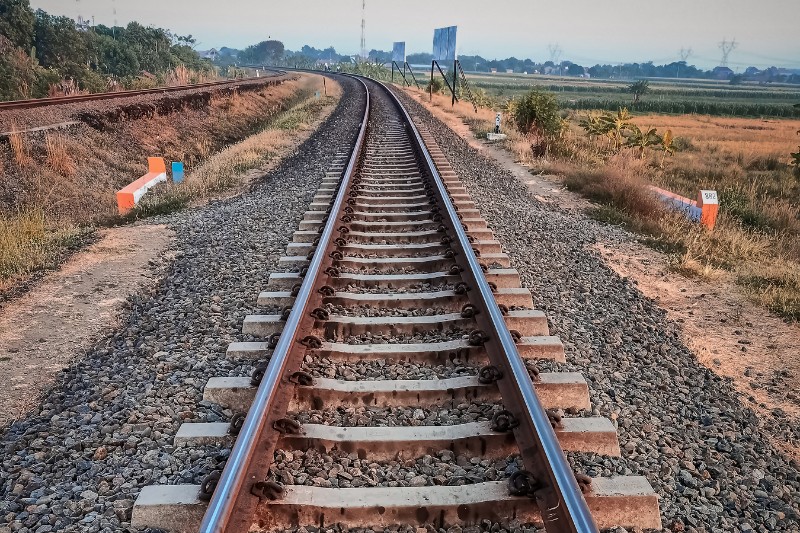
Top 5 Personal Skills for a Successful Career in the Rail Industry
The rail industry is a vital part of transportation infrastructure, playing a crucial role in connecting people, goods, and communities.
At Samuel Knight Rail, we understand the unique demands of this dynamic industry. While technical knowledge and experience are undoubtedly important, there are several personal skills that can significantly enhance your prospects and ensure a successful career in the rail industry. In this article, we will explore the top five personal skills that we believe are essential for individuals looking to excel in this field.
Strong Communication Skills:
Effective communication is the cornerstone of success in most industries, and the rail industry is no exception. Rail professionals must be able to communicate clearly and concisely with colleagues, clients, and the general public. Whether it's conveying complex technical information to non-technical stakeholders or coordinating with team members during critical operations, good verbal and written communication skills are important. Demonstrating active listening, empathy, and the ability to adapt your communication style to different people will enhance collaboration and minimize misunderstandings.
Problem-Solving and Analytical Abilities:
The rail industry often presents complex challenges that require quick thinking and analytical problem-solving skills. From troubleshooting technical issues to resolving operational bottlenecks, rail professionals must possess the ability to identify, analyze, and implement effective solutions. Strong critical thinking skills, attention to detail, and a proactive mindset are crucial for tackling the diverse range of problems that can arise in rail operations. Being able to think on your feet and make sound decisions under pressure is a valuable asset in this fast-paced industry.
Adaptability and Flexibility:
The rail industry is dynamic and subject to constant change. Rail professionals must be adaptable and open to embracing new technologies, processes, and regulations. Being flexible in your approach allows you to navigate unexpected situations and adjust to evolving industry standards. A willingness to learn, upskill, and stay updated with the latest advancements is essential for long-term success. Demonstrating adaptability also includes being able to work in diverse teams, collaborating with individuals from various backgrounds, cultures, and disciplines.
Attention to Safety and Detail:
Safety is of paramount importance in the rail industry, and professionals must prioritize it in all aspects of their work. Attention to detail is critical to ensuring the safety and reliability of rail operations. From inspecting equipment and infrastructure to adhering to protocols and regulations, meticulousness is key. A strong sense of responsibility and the ability to follow safety procedures diligently will earn you trust and credibility in the industry. Safety-conscious professionals are highly sought after and play a crucial role in maintaining the industry's integrity.
Leadership and Teamwork:
The rail industry relies on effective teamwork and strong leadership to achieve goals and deliver successful projects. Whether you are working as part of a maintenance crew, engineering team, or management staff, possessing leadership skills is advantageous. Leadership involves motivating and inspiring others, fostering a positive work environment, and being able to delegate tasks effectively. Additionally, the ability to work collaboratively as a team member, respecting diverse perspectives and contributing towards shared objectives, is crucial for achieving success in the rail industry.
While technical expertise is undoubtedly important in the rail industry, the personal skills discussed above play a significant role in ensuring a successful and fulfilling career. Strong communication, problem-solving, adaptability, attention to safety and detail, and leadership and teamwork skills are highly valued by rail recruitment companies like ours. Cultivating and developing these skills will not only enhance your professional prospects but also contribute to the overall growth and success of the rail industry as a whole.









